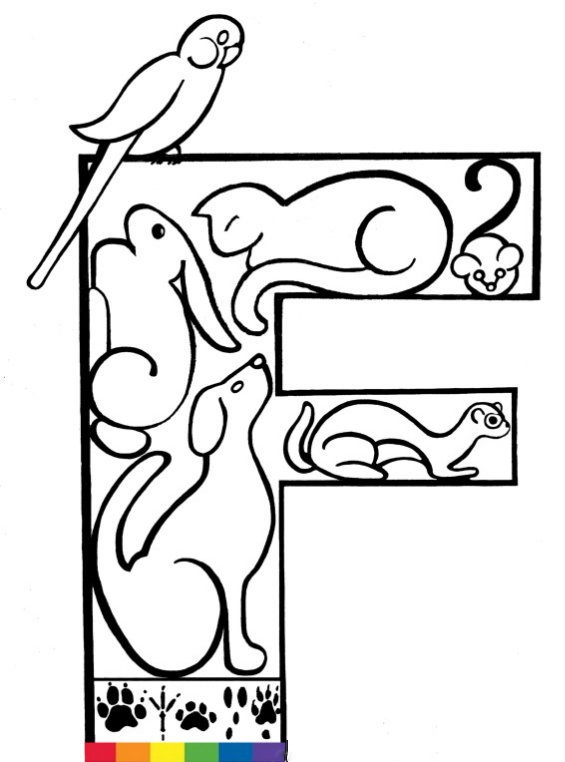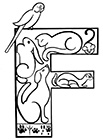Rabbit Neutering
Neutering is also referred to as orchidectomy or castration. It is a surgical procedure in which the testes (and associated tissues) are removed in order to sterilize, or render infertile, a male animal.
There are many behavioral and health benefits associated with neutering your rabbit.
• The obvious benefit is the elimination of unwanted pregnancy.
• Neutering eliminates the risk of testicular cancers. Reproductive cancers are relatively common in rabbits.
• Neutered rabbits are less likely to display undesirable hormone-induced behaviors such as mounting or urine spraying.
• Your rabbit may be calmer and easier to handle.
Most rabbits are neutered between four and six months of age. Many veterinarians prefer to neuter at 6 months of age.
• This surgical procedure is done under general anesthesia. You must NOT fast your rabbit the night prior to surgery as is done with other animals.
• Your rabbit will be given a physical examination prior to the operation. Your veterinarian may recommend some pre-operative blood tests. This is to ensure your rabbit is healthy enough to have surgery performed and that there are no pre-existing problems that may compromise your pet.
• The operation is performed through a small incision in the scrotum or just in front of the penis in the groin.
• The hair in this area will be shaved and the skin prepared for sterile procedures prior to the surgery.
• The testes are removed. Since rabbits have a large, open inguinal canal that the tissues from the testes fill to prevent hernias, the area around the inguinal canal is usually sutured partially closed.
• The surgical incision will be closed with sutures in the skin. (Many times since rabbits may chew the sutures, stainless steel sutures or staples are used.)
• Most rabbits go home within 24 hours after surgery.
The potential complications may include:
Anesthetic reaction: Any animal may have an unexpected adverse reaction to any drug or anesthetic. Rabbits can be particularly susceptible to sudden death after anesthesia.
Post-operative infection: Although rare, this may occur internally or externally around the incision site. Infection can be managed with antibiotics. Monitor the surgical site several times daily for swelling, redness, pus, or other discharge.
Suture Reaction or Sinus Formation: This occurs when a sensitive body reacts to certain types of suture material used. This results in a draining wound.
Feel free to discuss the pros and cons or any concerns you may have with a veterinarian familiar with rabbits.
This client information sheet is based on material written by: Rick Axelson, DVM
© Copyright 2012 LifeLearn Inc. Used and/or modified with permission under license.

